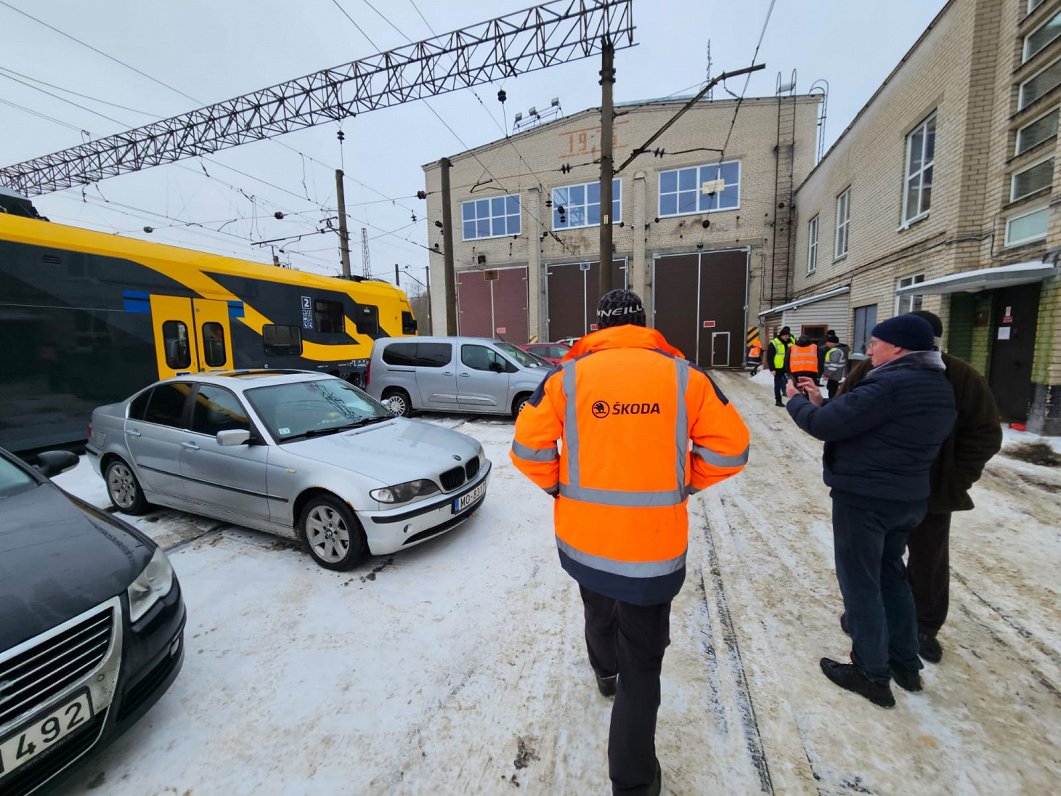He said the train manufacturer Škoda Vagonka currently has to cover direct damages, such as those incurred by passengers using other vehicles instead of a train, as well as pay for repairs to those trains.
Grigulis said it was difficult to say if €1,500 a day for each non-running train was a big enough penalty, but it was disciplinary.
On the other hand, Road Transport Administration chairman Artūrs Caune told Latvian Radio that currently the state contract with Vivi does not provide for punitive sanctions, and the Directorate can only appeal and ask for the commitments to be fulfilled.
Recently, the government decided that Latvia will not open passenger transport by rail to competition until 2032, and passengers will continue to be transported by Vivi, and in the new agreement the Road Transport Administration plans to also provide for penal mechanisms, Caune admitted. He added that the penalty is not an end in itself, the important thing is for trains to run and be punctual.
As reported earlier by LSM, it was found on Tuesday, January 2, that five of the total seventeen electric trains delivered to Latvia by Skoda Vagonka had different deficiencies. The defects on one of the trains resulted in a three-hour standstill on the Rīga-Skulte line, and on Wednesday, although issues were said to have been fixed on three trains, traffic was still delayed by up to an hour on the same line due to the same reasons.
The train delay streak continued all week, and it was later reported that seven trains had issues. This resulted in train cancellations on January 9 and inconveniences for many. Vivi has pledged to refund ticket prices in the event of issues, as well as the costs for other means of transportation used to get to the destination train services could not provide.
At first, it was promised that passengers would be able to board the new trains by the end of summer 2023, then only in autumn, but in reality the trains only started running in December. An agreement was originally concluded between Latvian state rail company JSC "Pasažieru vilciens" (Passenger train) and the Czech company "Škoda Vagonka" for the purchase of 32 new electric trains back in 2019, though that came off the back of a tender that started all the way back in 2015. First the Covid pandemic and then the war in Ukraine delayed delivery.




























